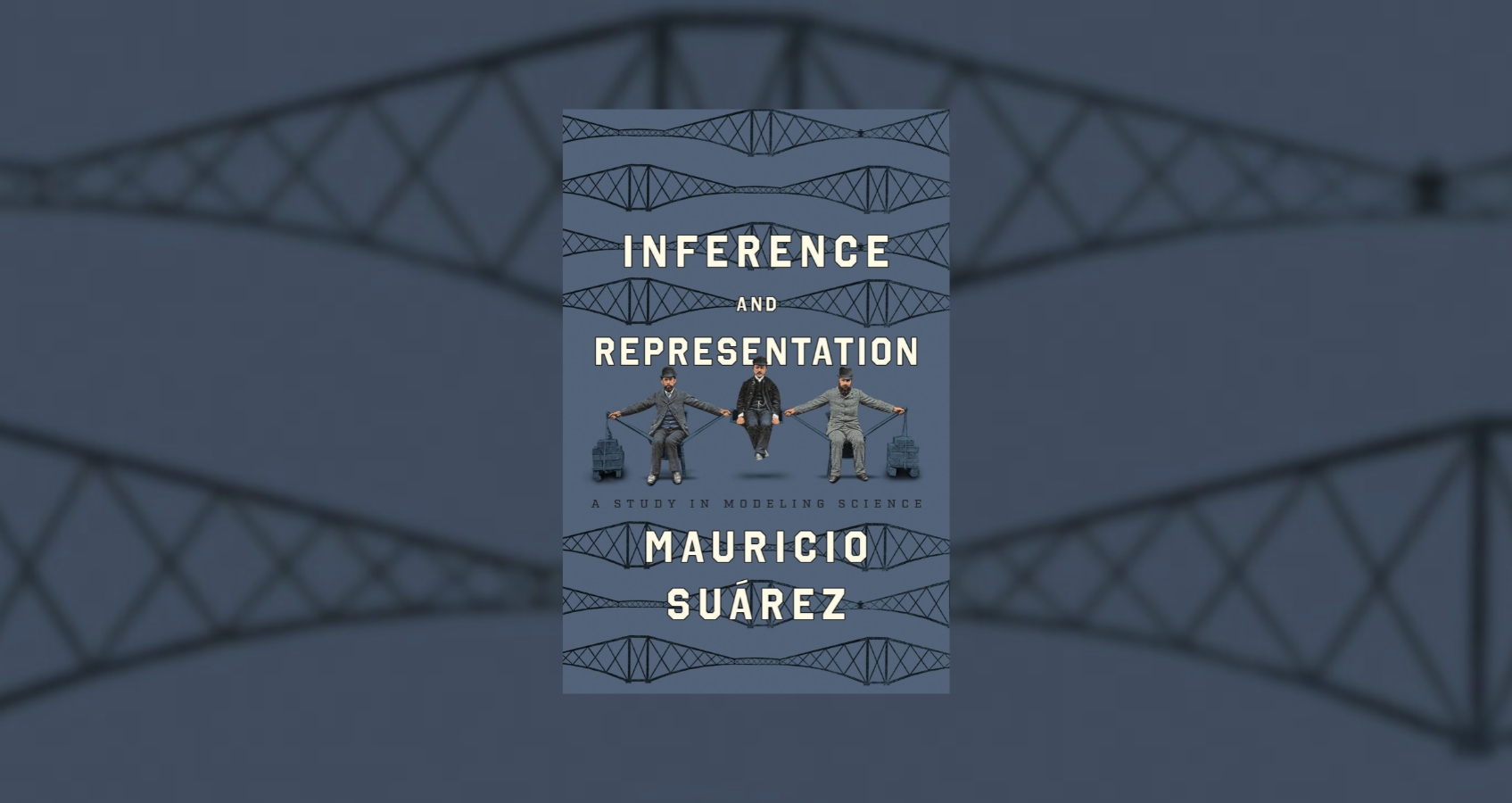
James Nguyen reviews Inference and Representation, by Mauricio Suárez

James Nguyen reviews Inference and Representation, by Mauricio Suárez
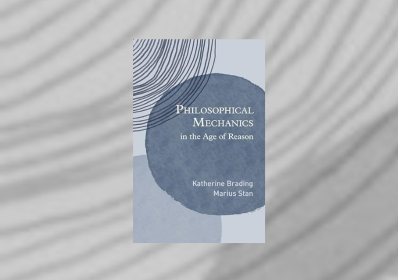
Mark Wilson reviews Philosophical Mechanics in the Age of Reason, by Katherine Brading and Marius Stan

Ronald J Planer and Claudio Tennie review The Human Evolutionary Transition, by Magnus Enquist, Stefano Ghirlanda and Johan Lind
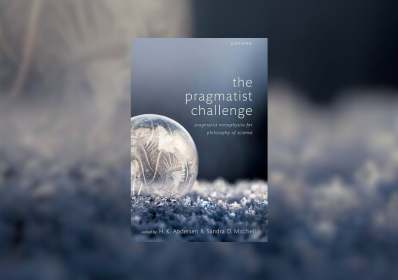
Matthew J. Brown reviews The Pragmatist Challenge, by H. K. Andersen and Sandra D. Mitchell

As some readers know, I’ve recently joined Renaissance Philanthropy (RenPhil). While I hope to put many ideas from FreakTakes into practice at RenPhil, I’ll be particularly focused on one goal: building more BBNs.
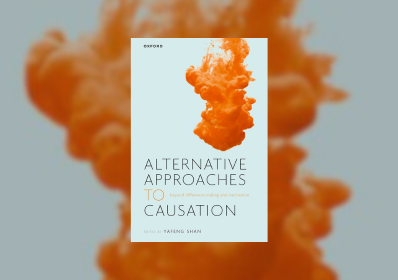
Vera Hoffmann-Kolss reviews Alternative Approaches to Causation, edited by Yafeng Shan
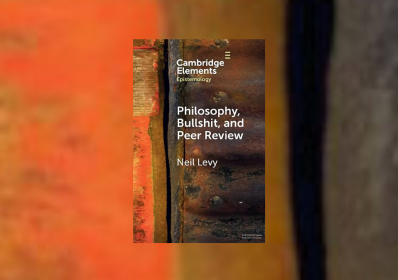
Joshua Habgood-Coote reviews Philosophy, Bullshit, and Peer Review, by Neil Levy
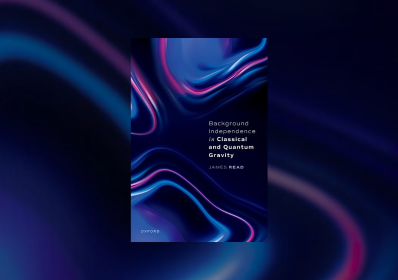
Sebastian De Haro reviews Background Independence in Classical and Quantum Gravity, by James Read

Robert Hudson reviews The AI Mirror, by Shannon Vallor
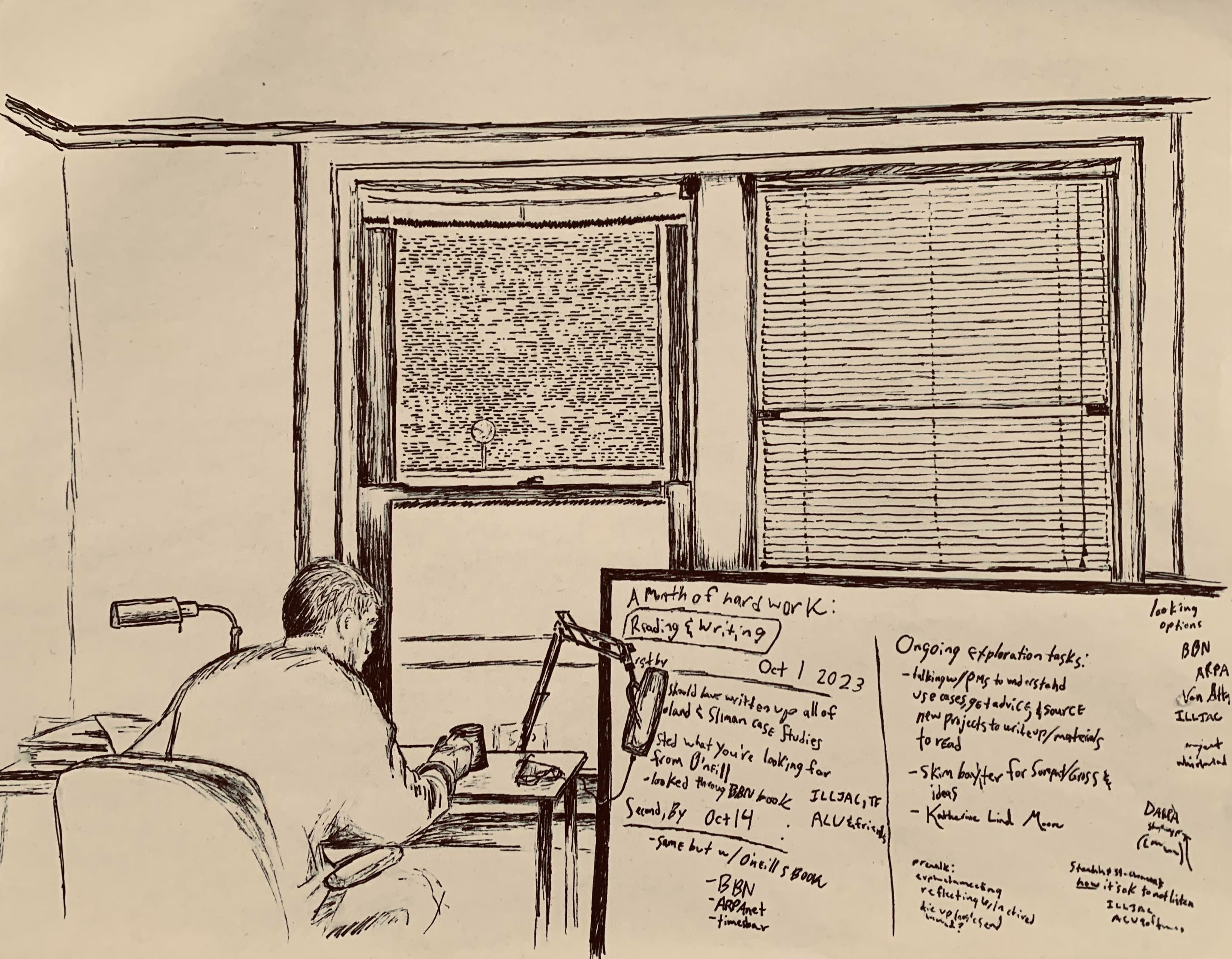
I’ve always viewed FreakTakes as a small applied research shop. Discontented geniuses set out to run new science orgs or ambitious scientific philanthropies; I produce pieces that help some of them make decisions that determine parts of how to structure their orgs. I can’t do what they do — I wish I could. They do not have the time to look into the minutiae of the R&D operations from history that inspire their work.

Unlike the rest of the FreakTakes ARPA series, today’s piece does not have the usual narrative structure. It is, instead, a set of personal notes cleaned up and re-structured as a post. While the post is atypical, the ARPA series would be incomplete if I did not outline the factors that mark key regime changes at the agency over time.